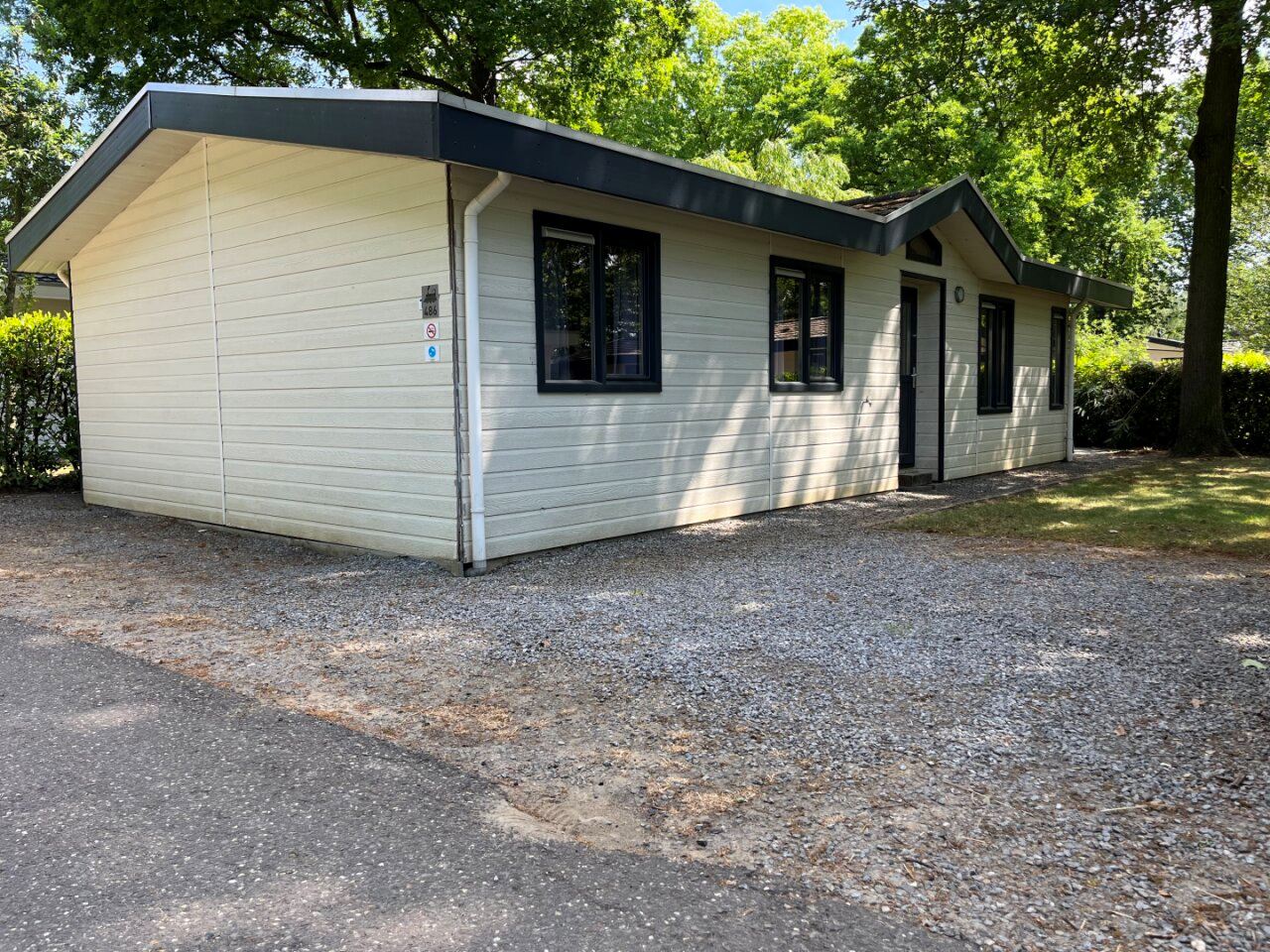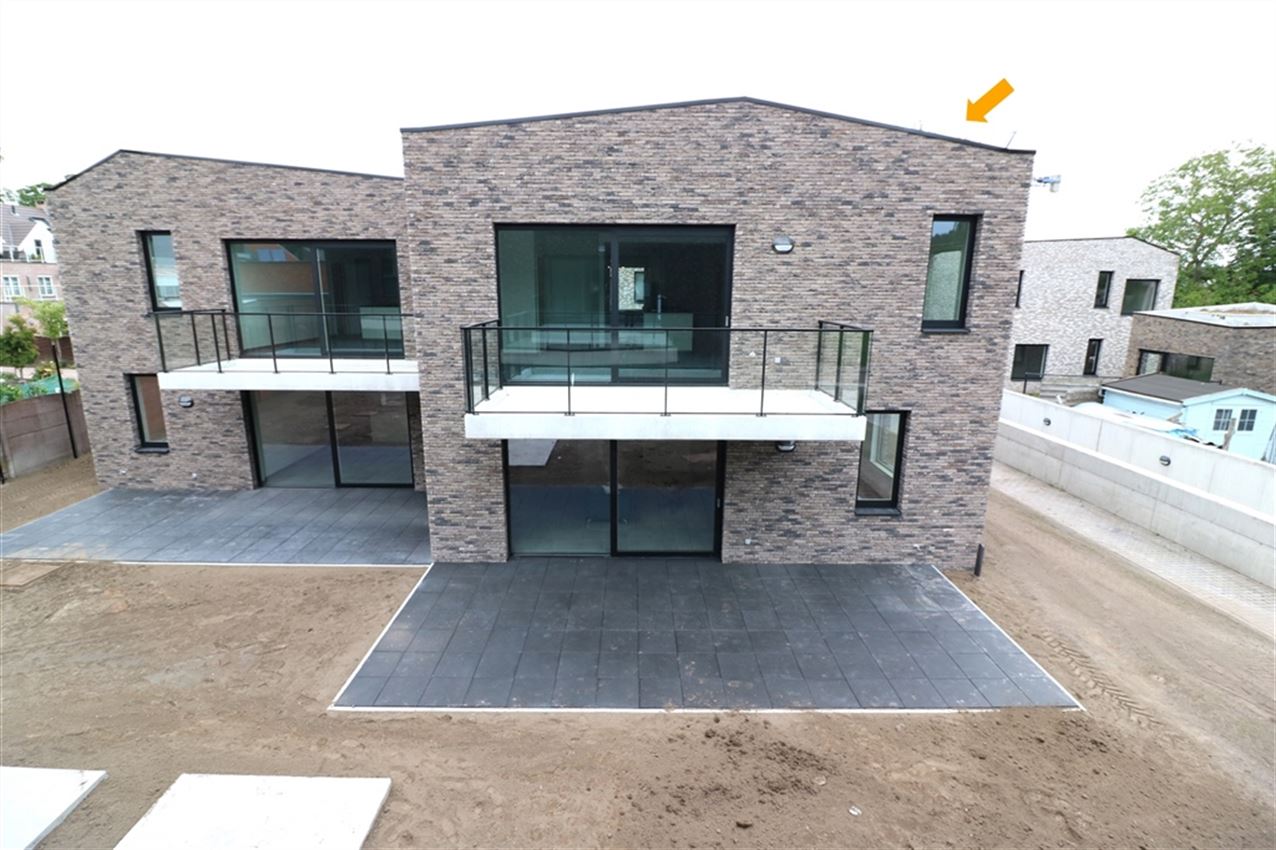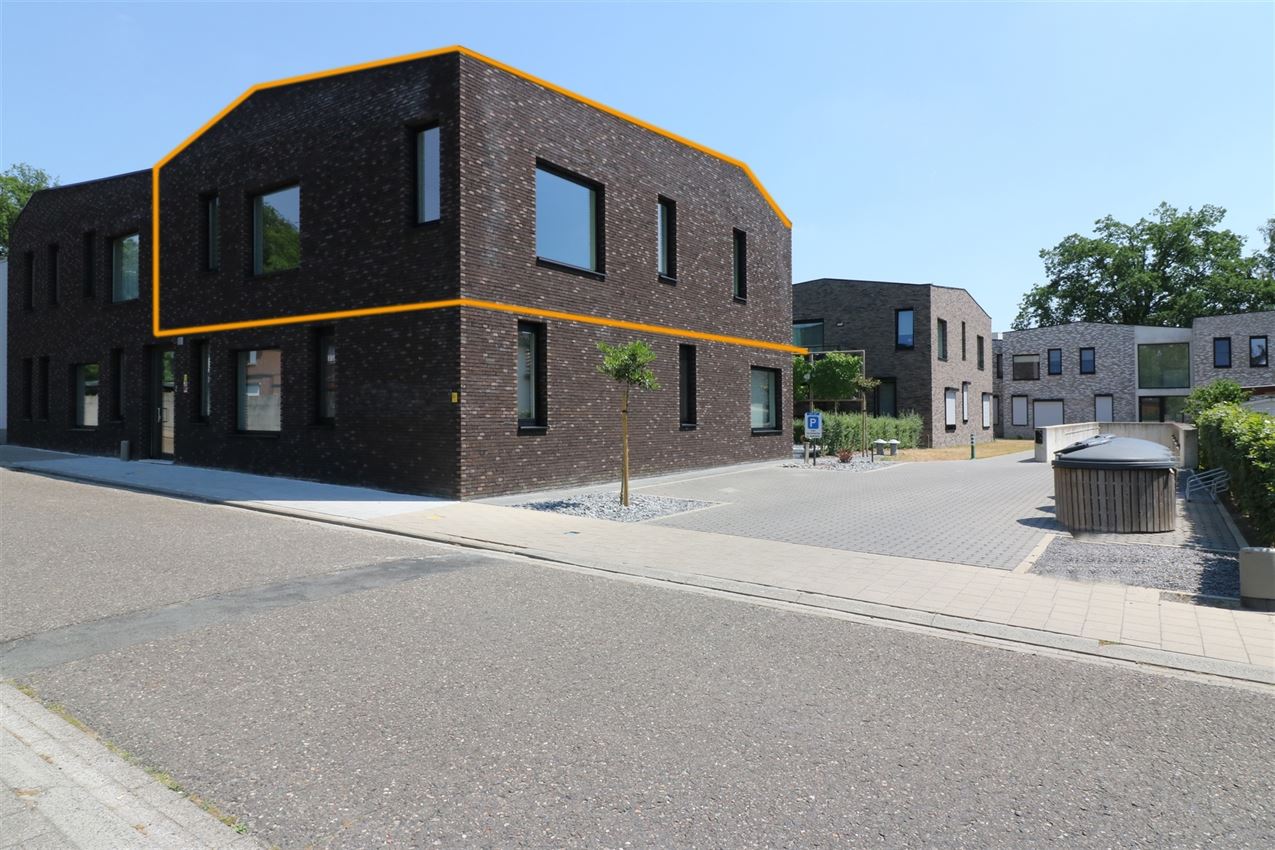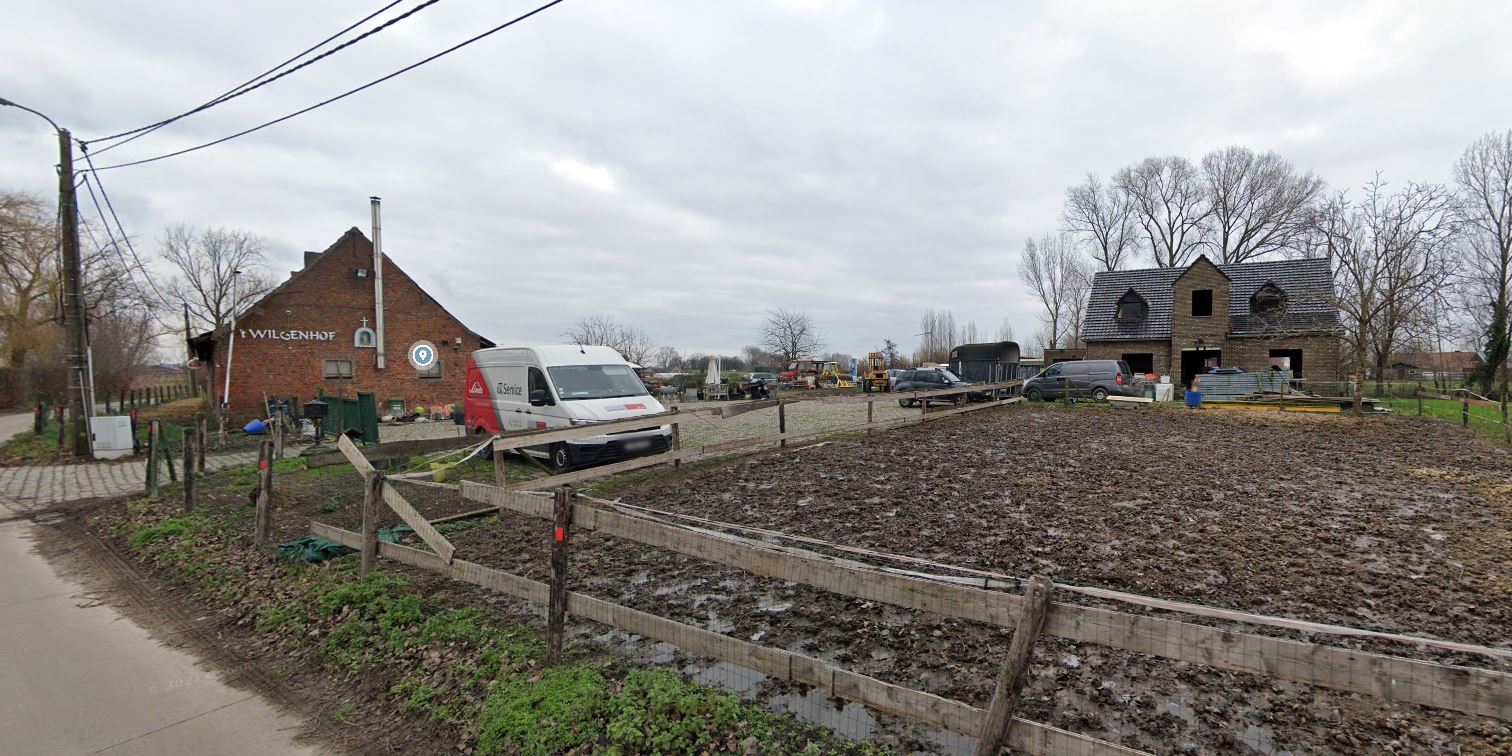INSURANCE – BLOCK POLICY – 2023-05-23
As a co-owner, you are insured against fire and related perils through the building’s block policy. In that case, is that insurance sufficient and will it cover you as well as a regular residential policy?
Underinsured in the block policy?
Does the block policy adequately insure? Like a home, apartment blocks are insured against fire and related perils. This is done through a so-called block policy. This is a fire insurance policy that insures in one contract the various properties within one structure, including the common parts such as the elevator. A block policy can be underwritten by the co-owners’ association, the trustee and sometimes even by a co-owner.
Intervenes when something happens. With a block policy, each co-owner is insured against damage to their property. The co-owner’s liability for damages to third parties is also covered. Consider water damage from your lower neighbor when you leave a water faucet running.
However, the sum insured is an “average. As with homes, an insured sum must be determined for a block policy. However, that value – unlike a residential policy – is not determined apartment by apartment, but one calculates the new construction value of the total building. Each plot is then generally insured on its ownm2 basis. Or in other words, a block policy usually assumes some sort of weighted average value per lot.
‘Chic apartment’ is underinsured. That ‘average’ does not take into account the additional cost of e.g. a beautiful and expensive bathroom or kitchen, oak interior doors, real parquet, etc. Thus, the real new construction value of your apartment may be (much) higher. Thus, in the event of a claim, you will not be adequately compensated: you are underinsured.
It also usually does not include contents. The block policy does not insure your contents, such as household goods or furniture. In a block policy, no contents of the individual owners are insured. The only contents sometimes insured must belong to the co-owners’ association.
An extension to the block policy
Additional insurance for contents. If you are a co-owner living in the apartment yourself, then you need an individual fire policy for the contents. It is best to take it from the same insurance company as the block policy.
Also have added value insured. The co-owner of the posh apartment may also be able to have the capital gain insured in the fire policy, if necessary. That coverage is best added to the fire policy for your own contents rather than underwriting a separate policy. This will save you an exemption in the event of a claim, and yet that is currently around €300.
Sometimes extras are included. There are block policies on the market today that explicitly include the added value of e.g. your expensive kitchen as standard. You can easily prove the added value by keeping the invoices of purchase and installation. The block policy then provides a special clause where the insurer promises guarantee for the entire loss, even if it would exceed the amount stated in the policy terms.
Tip. In that case, you do not need to underwrite an additional fire policy or value-added extension in your fire insurance policy for contents. Ask your insurance broker about it.
In a block policy, contents are not insured and the insured value is assumed to be average, so more luxurious apartments may be underinsured. Some insurers offer standard coverage for the added value of your apartment through the block policy, which eliminates the need for separate insurance for that (though still for the contents).
© Lefebvre Sarrut Belgium SA
www.tipsenadvies.be – Real Estate Tips & Advice – Year 27 – Number 18 – 23.5.2023





